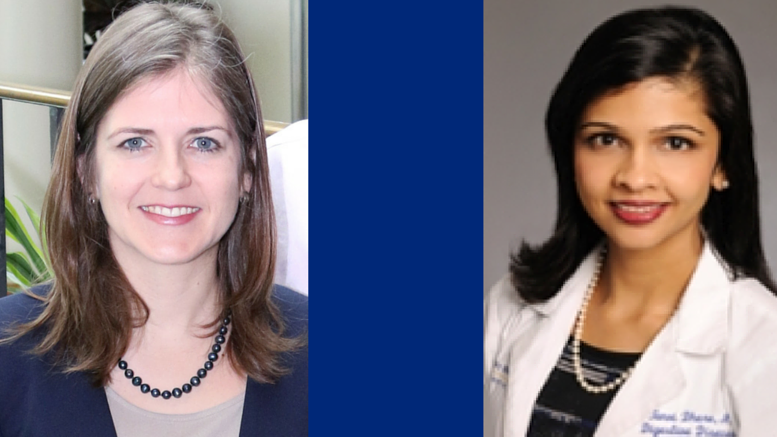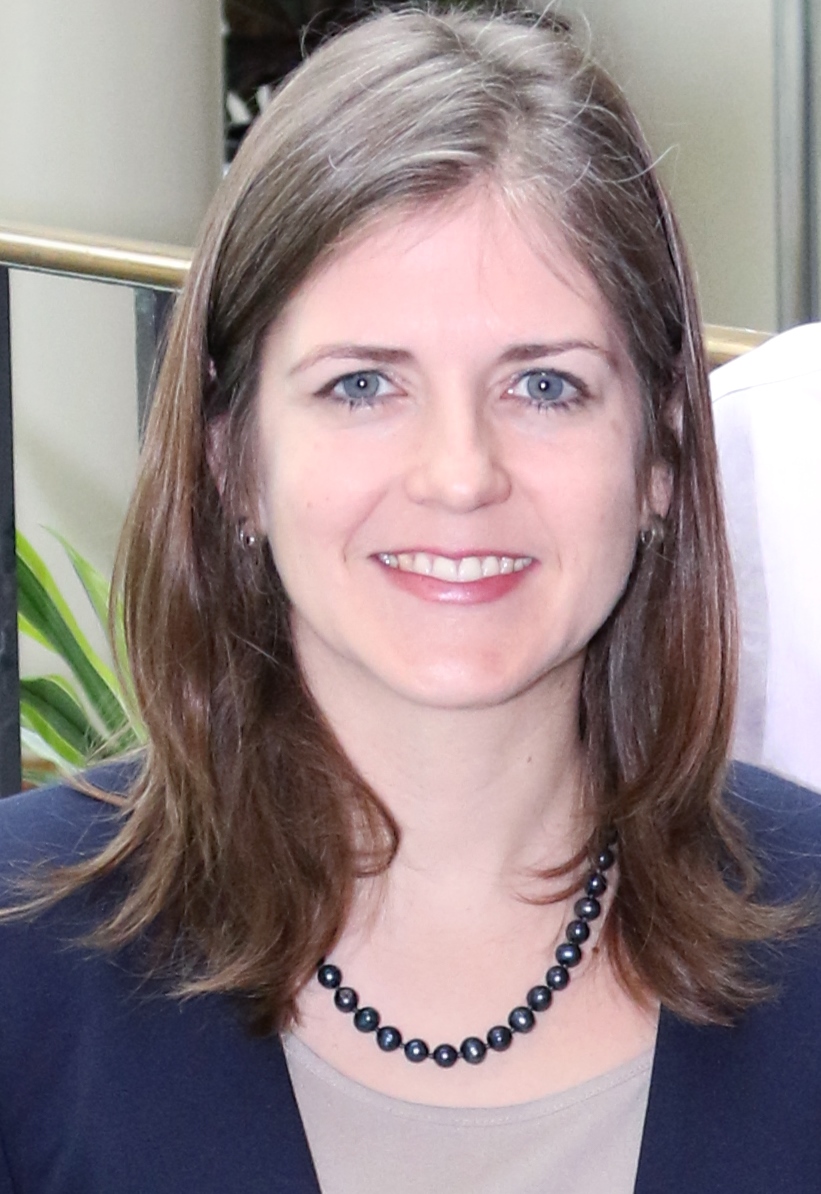Over the past decade, the United States has experienced a drastic rise in life-threatening antibiotic resistance and hospital-acquired infections. According to the Centers of Disease Control and Prevention (CDC), 4 percent of the 336,000 Clostridium difficile (C. difficile) cases that occur in the United States each year result in death, often because treatment with antibiotics failed. These potentially life-threatening bacterial infections—which affect the intestinal lining—are often acquired in health care settings, and patients with compromised immune systems are particularly at risk. The risk of acquiring this infection drastically increases following the use of antibiotics, which can kill the healthy microbes in the gut and allow toxic bacteria to flourish. C. difficile patients suffer from symptoms ranging from diarrhea to life-threatening colon inflammation.
Fecal microbiota transplants—in which a healthy donor’s stool is mixed with saline and transplanted to another person’s intestine to restore a healthy balance of their microbiota—are gaining popularity among physicians as an alternative to antibiotic treatment of C. difficile. These procedures—which are only available to patients who have had three or more episodes of C. difficile infection—are usually performed in an outpatient setting, and the stool is transplanted via colonoscopy. For the past few years, Emory Division of Infectious Diseases and Division of Digestive Diseases faculty have been working to further innovative research to improve the lives of fecal transplant patients. Colleen Kraft, MD, MSc, medical director of Emory Healthcare’s clinical microbiology laboratory and an infectious diseases physician, started Emory’s fecal microbiota transplant program with Division of Digestive Diseases Assistant Professor of Medicine Tanvi Dhere, MD in 2012 in order to better understand C. difficile infections.
Emory’s robust fecal transplant clinical program has already treated more than 220 patients—with a more than 95-percent success rate of prevention of C. difficile recurrence—and it has quickly gained regional and national recognition. Kraft says that, while the procedure is crude and can be difficult to regulate, she is hopeful that, in a just a few years, their research will help repopulate the normal intestinal bacteria, ultimately eliminating the need for fecal microbiota transplants.
For more information and/or referrals, please call 404-712-8889.
More on Drs. Kraft and Dhere’s research
Drs. Kraft and Dhere are thinking long-term: they are involved in innovative research into the restoration of intestinal flora. Currently, they are collaborating with Division of Infectious Diseases Professor of Medicine Mark Mulligan, MD to evaluate a “spore pill” that could replace conventional fecal transplants. This study (phase 2/3) is sponsored by SeresTherapeutics, the manufacturers of the pill. Dr. Dhere has a clinical trial that evaluates whether the fecal transplant could be used earlier (prior to individuals having three or more episodes of C. difficile). She is conducting a study of early FMT in the treatment of C. difficile. This is open to patients with their first or second episode of C. difficile who are at a higher risk of relapse. Please contact Dr. Dhere to inquire about this study (http://clinicaltrials.gov, identifier: NCT02465463).
Dr. Kraft was recently awarded internal funding to explore using probiotics to preemptively restore healthy bacteria and eliminate multi-drug-resistant bacteria colonization—before an individual develops antibiotic resistance in the first place.
Read more about Colleen Kraft, MD, MSc
Colleen Kraft, MD, MSc is an assistant professor in Emory University Department of Medicine’s Division of Infectious Diseases as well as the Emory Department of Pathology & Laboratory Medicine. Dr. Kraft also serves as program director of Emory University’s medical microbiology program and medical director of Emory University Hospital’s microbiology laboratory. She received an MD from Indiana University School of Medicine and an MSc in clinical research from Emory University. Read more
Read more about Tanvi Dhere, MD
Dr. Dhere is an assistant professor in Emory University Department of Medicine’s Division of Digestive Diseases. She earned an MD at the Medical University of South Carolina in Charleston and completed her residency training at Northwestern McGaw Medical Center in Chicago. After completing a GI fellowship at Emory, she joined the faculty. Dr. Dhere’s research interests include inflammatory bowel disease; the role of ethnic differences in disease progression, treatment, and genetics; and fecal transplant in treatment of C. difficile. Read more
If you are interested in investing in research, clinical care, and/or education within the Emory University Department of Medicine, please visit our website to learn how you can help.
Related Links
- Lab Land (Emory Health Sciences research blog): “An effective alternative to fecal transplant for C. difficile?”
- Emory Fecal Microbiota Transplant Program
- Emory University Department of Medicine
- Read Colleen Kraft’s Emory faculty bio
- Read Tanvi Dhere’s Emory faculty bio
- Emory Antibiotic Resistance Center
- Emory Division of Infectious Diseases
- Emory Division of Digestive Diseases
- “Fecal Transplants Effective Against Persistent and Deadly Infection” (Emory University Academic Exchange)
- “An unusual transplant, an unusual donor” (Georgia Health News)



